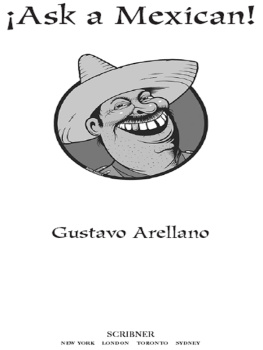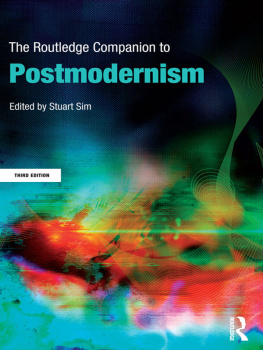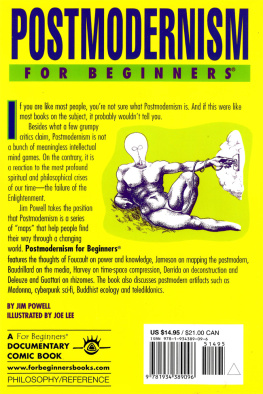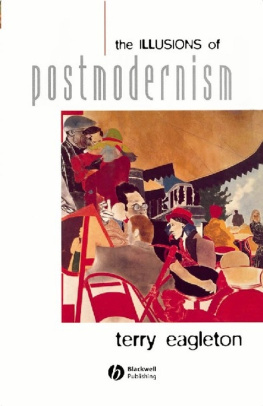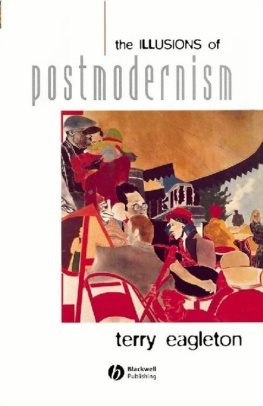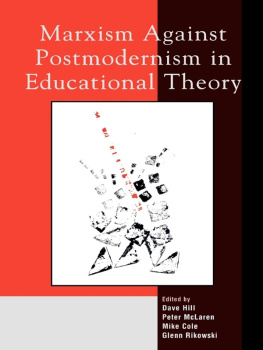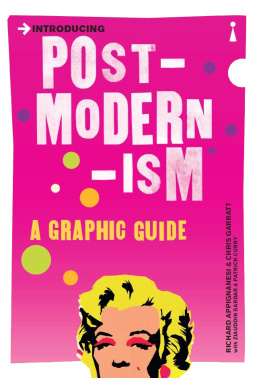
critique
influence
change
critique confronts the world. Without dogma, without new principles, it refuses to conform and instead demands insurrection of thought. It must be ruthless, unafraid of both its results and the powers it may come into conflict with. Critique takes the world, our world, as its object, so that we may develop new ways of making it.
influence is a step from critique towards the future, when effects begin to be felt, when the ground becomes unstable, when a movement ignites. These critiques of the state of our world have influenced a generation. They are crucial guides to change.
change is when the structures shift. The books in this series take critique as their starting point and as such have influenced both their respective disciplines and thought the world over. This series is born out of our conviction that change lies not in the novelty of the future but in the realization of the thoughts of the past.
These texts are not mere interpretations or reflections, but scientific, critical and impassioned analyses of our world. After all, the point is to change it.
TITLES IN THE CRITIQUE INFLUENCE CHANGE SERIES
Reclaiming Development
An Alternative Policy Manual
by Ha-Joon Chang and llene Grabel
Realizing Hope
Life Beyond Capitalism
by Michael Albert
Global Governance and the New Wars
The Merging of Development and Security
by Mark Duffield
Capitalism in the Age of Globalization
The Management of Contemporary Society
by Samir Amin
Ecofeminism
by Maria Mies and Vandana Shiva
Patriarchy and Accumulation on a World Scale
Women in the International Division of Labour
by Maria Mies
Grassroots Post-modernism
Remaking the Soil of Cultures
by Gustavo Esteva and Madhu Suri Prakash
Male Daughters, Female Husbands
Gender and Sex in an African Society
by Ifi Amadiume
A Fundamental Fear
Eurocentrism and the Emergence of Islamism
by Bobby S. Sayyid
Debating Cultural Hybridity
Multicultural Identities and the Politics of Anti-Racism edited by Pnina Werbner and Tariq Modood
MORE CRITICAL PRAISE FOR GRASSROOTS POST-MODERNISM
Esteva and Prakash courageously and clearsightedly take on some of the most entrenched of modern certainties, such as the universality of human rights, the individual self, and global thinking. In their efforts to remove the lenses of modernity that education has bequeathed them, they dig deep into their own encounters with what they call the social majorities in their native Mexico and India. There they see not an enthralment with the seductions of modernity but evidence of a will to live in their own worlds according to their own lights. Estevas and Prakashs reflections on the imperialism of the universality of human rights avoids the twin pitfalls of relativism and romanticism. Their alternative is demanding and novel, and deserves our most serious consideration. Grassroots Post-modernism is a much-needed and most welcome counterpoint both to the nihilism of much post-modern thinking as well as to those who view the spread of the global market and of global thinking too triumphantly.
Frdrique Apffel-Marglin, professor emeritus, Smith College
Quite simply, a book which will transform how one sees the world.
North and South
ABOUT THE AUTHORS
Gustavo Esteva is one of Latin Americas leading critics of the development paradigm. An author of more than thirty books, he was advisor to the Zapatistas for their negotiations with the government in 1996 and is the founder of Universidad de la Tierra in the Mexican city of Oaxaca.
Madhu Suri Prakash is a philosopher of education at Penn State University. Her labors of love include: the proliferation of Friendship Gardens through organic contagion; honoring wild diversity in teaching and learning, along the lines of such learning centers for radical marginals as Bija Vidyapeeth, Bhoomi College, Unitierra, and the Via Campesina universities; and healing damaged multicultural rainbow coalitions on earth. She celebrates as contributing editor to Yes! Powerful Ideas, Practical Actions.
GRASSROOTS POST-MODERNISM
REMAKING THE SOIL OF CULTURES
GUSTAVO ESTEVA AND MADHU SURI PRAKASH
WITH A FOREWORD BY
VANDANA SHIVA
Grassroots Post-modernism: Remaking the Soil of Cultures was first published in 1998 by Zed Books Ltd, 7 Cynthia Street, London N1 9JF, UK
This ebook edition was first published in 2014
www.zedbooks.co.uk
Copyright Gustavo Esteva and Madhu Suri Prakash 1998, 2014
Foreword Vandana Shiva 2014
The rights of Gustavo Esteva and Madhu Suri Prakash to be identified as the author of this work have been asserted by them in accordance with the Copyright, Designs and Patents Act, 1988
Typeset in Monotype Bembo by illuminati, Grosmont
Cover designed by www.alice-marwick.co.uk
All rights reserved. No part of this publication may be reproduced, stored in a retrieval system or transmitted in any form or by any means, electronic, mechanical, photocopying or otherwise, without the prior permission of Zed Books Ltd.
A catalogue record for this book is available from the British Library
Library of Congress Cataloging in Publication Data available
ISBN 978-1-78360-184-4
FOREWORD
THE ENCLOSURE AND RECOVERY OF THE COMMONS
VANDANA SHIVA
I join Gustavo Esteva and Madhu Suri Prakash in celebrating and growing the commons in a period when an attempt is being made to enclose them in every aspect of life seed, food, land, water, air, culture. And in every sphere, everywhere, people are rising to recover the commons.
The entire edifice of dominant science, technology and economics is based on transforming the commons into commodities, presenting commodification as creation, when in fact it is destruction of ecosystems, of local economies, of cultures.
Four decades ago I joined the Chipko movement as a volunteer and learnt from women in the village community that commercial forestry that focused on forests as timber mines was an enclosure of the forest commons the forest as our mother, the source of water, fodder, fuel, food, biodiversity, medicinal plants. It was the women of the Himalayas who defended the forest commons, saying they would embrace (Chipko) the trees to protect them from being logged. They showed the world that forests are not timber mines but communities of diverse species. They showed how heterogeneous living forests produce soil, water and pure air, not just timber and profits.
Today there is a new attempt at the enclosure of forests through the financialization of the ecological services of the forests, in particular the capacity of forests to absorb carbon dioxide for mitigating climate change. And, again, indigenous communities are rising to defend the commons, and the lifeworld that the commons support.
Three decades ago, when I realized that our biological and intellectual commons were being enclosed through genetic engineering and patents, I started Navdanya to recover the commons of biodiversity and peoples knowledge, the knowledge of both peasants and our ancestors, brought to us by our grandmothers.






